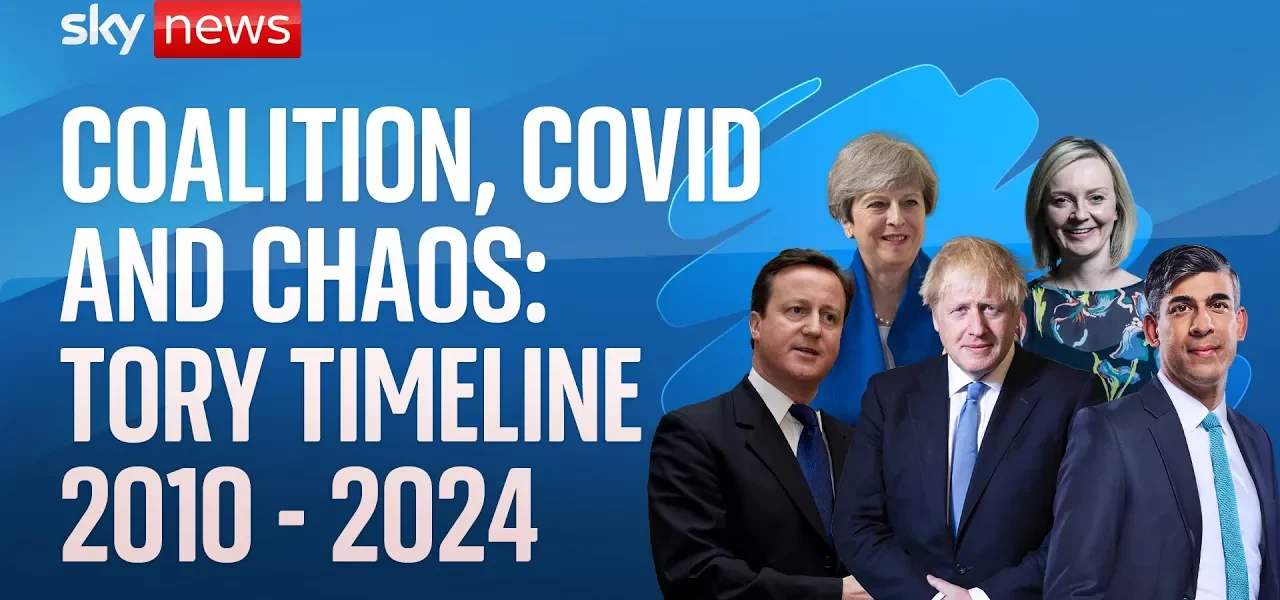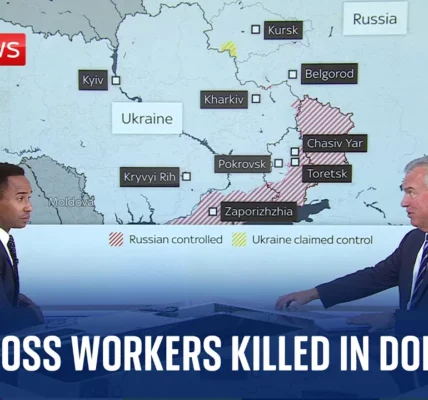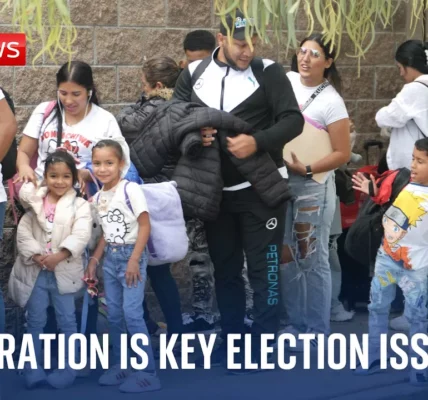The Turbulent Landscape of UK Politics: A Comprehensive Overview

This article explores the pivotal moments in UK politics, including Brexit, leadership changes, and significant elections, providing a detailed examination of their implications and outcomes.
Introduction
The political landscape of the United Kingdom has been characterized by significant upheaval in recent years, marked by key events such as the Brexit referendum, various general elections, and shifts in party leadership. These events have not only shaped the current political atmosphere but have also influenced public opinion and international relations. This article delves into these crucial moments, analyzing their effects and the ongoing implications for the nation.
Brexit: A Defining Moment
The Brexit referendum, held in June 2016, was a watershed moment for the UK, leading to a decision to leave the European Union. This section explores the lead-up to the referendum and its aftermath.
The Campaign and Voting Process
The campaign leading to the Brexit vote was intense, with both sides presenting compelling arguments. The Leave campaign, spearheaded by figures such as Boris Johnson and Nigel Farage, emphasized the need for sovereignty and control over immigration, while the Remain campaign warned of economic instability and loss of international standing.
- Key Dates:
- June 23, 2016: The referendum takes place.
- June 24, 2016: Results show a 52% to 48% vote to leave.
- Major Campaign Themes:
- Control over borders
- Economic independence
- Regaining sovereignty
Aftermath and Political Repercussions
Following the referendum, the UK faced a period of uncertainty as leaders debated the terms of departure. The phrase “Brexit means Brexit” became emblematic of the government’s commitment to leaving the EU, despite the complexities involved.
The General Elections and Leadership Changes
Subsequent to Brexit, the UK witnessed several general elections, each pivotal in shaping the political landscape. This section examines the key elections and the changes in leadership.
The 2017 General Election
In June 2017, a snap general election was called by then-Prime Minister Theresa May, aiming to strengthen her mandate for Brexit negotiations. However, the election resulted in a hung parliament.
- Key Outcomes:
- The Conservative Party lost its majority.
- Labour Party gained significant ground under Jeremy Corbyn.
- Implications:
- Coalition negotiations became necessary.
- Increased visibility of alternative political parties.
Leadership Changes: From May to Johnson
Following mounting pressure, Theresa May resigned in July 2019, leading to Boris Johnson’s ascension to the role of Prime Minister. His leadership style and approach to Brexit marked a significant shift in the Conservative Party’s strategy.
Controversies and Challenges
The UK political scene has been rife with controversies, particularly regarding the handling of Brexit and internal party disputes. This section discusses some of the most pressing challenges faced by the government.
Handling of Brexit Negotiations
Boris Johnson’s government faced criticism for its approach to negotiating Brexit, particularly in dealing with the European Union and ensuring a smooth transition.
- Key Challenges:
- Negotiating trade deals
- Addressing the Northern Ireland backstop issue
- Public Response:
- Mixed reactions regarding the handling of Brexit.
- Rise in support for alternative political parties.
COVID-19 and Political Leadership
The COVID-19 pandemic further complicated the political landscape, with the government facing scrutiny over its management of health measures and economic support.
Conclusion
The political journey of the UK in recent years has been marked by significant events that have reshaped the nation. From the Brexit referendum to leadership changes and the ongoing challenges posed by the pandemic, these moments have left a lasting impact on the political landscape. As the UK continues to navigate these turbulent waters, public engagement and informed voting will be crucial in shaping the future. We encourage readers to stay informed and participate actively in the democratic process.
For further reading, explore our articles on Brexit’s Impact on the UK Economy and The Evolution of UK Political Leadership.
“`




